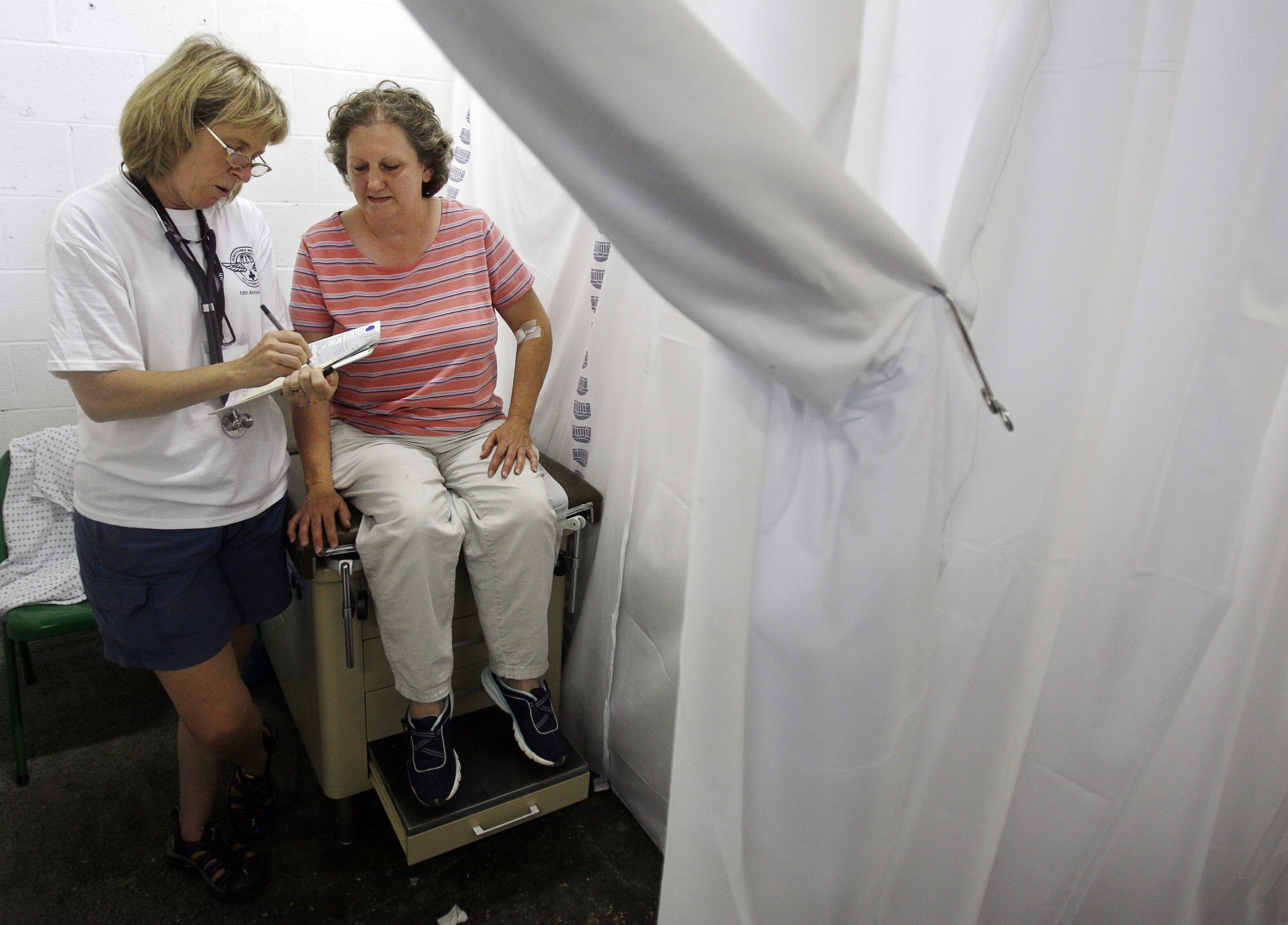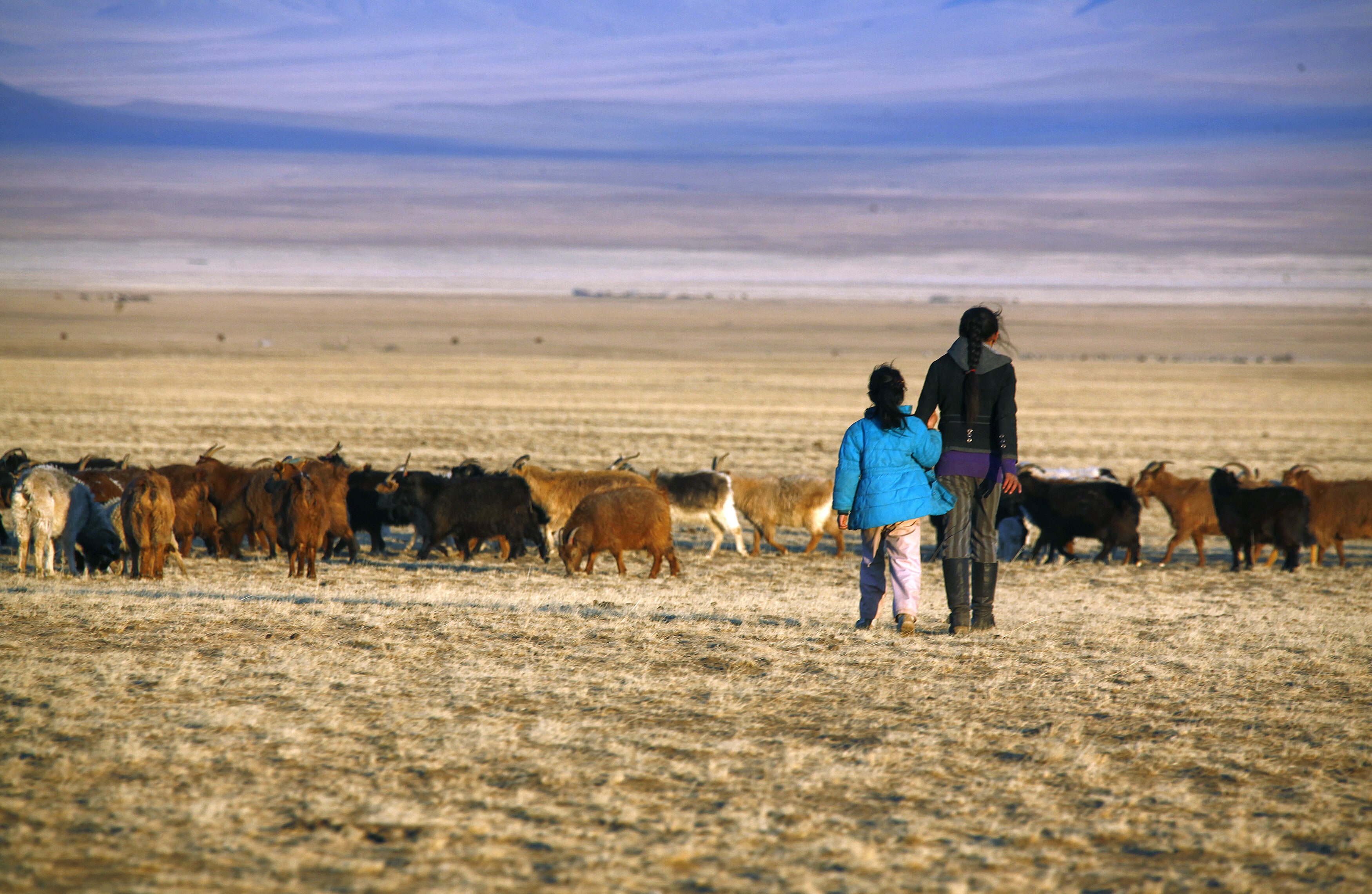Why we need a global pact to tackle violence against schoolgirls

Stay up to date:
Gender Inequality
A spate of shocking violence against schoolgirls in developing nations has set the stage for a global commitment later this year to ensure all girls have the chance of an education, according to former Australian Prime Minister Julia Gillard.
Gillard, who chairs the board of the Global Partnership of Education, said a new set of development goals to be finalised in New York in September was the opportunity to sharpen the focus on universal education and the quality of teaching.
The former politician, who served as Australia’s first national female leader for three years until 2013, said 58 million children globally were deprived of a primary school education and girls particularly were suffering.
The U.S. First Lady Michelle Obama wrote in Britain’s Financial Times on Tuesday that 62 million girls were out of school globally, describing it as “a heartbreaking injustice”. Forced marriages, early pregnancies and sexism were some of the obstacles to education.
But Gillard said events such as the shooting of Pakistan teenager Malala Yousafzai, a campaigner for girls’ education, and the abduction of more than 200 schoolgirls by Boko Haram militants in Nigeria, had created a new impetus for action.
“There is now a momentum for girls’ education borne of such dreadful horrors as Malala’s shooting and Boko Haram kidnappings,” Gillard told the Thomson Reuters Foundation in an interview.
“These events have drawn the attention of the world and reinforced in all of us how powerful it is to educate girls.”
Gillard, speaking on the sidelines of the Fortune Most Powerful Women conference, said it was worrying the amount of international donor aid for education dropped 9.5 percent between 2010 and 2012 while total aid was down 1.3 percent.
She said an additional $39 billion a year was needed from external funding sources to ensure all children had access to primary and secondary school, stressing the importance of education for development and need for private sector funding.
Studies have shown if all students in low-income countries left school with basic reading skills, 171 million people could be lifted out of poverty – equal to a 12 percent cut in world poverty.
Every extra year of school is estimated to increase an individual’s earnings by up to 10 percent.
“Education is the enabler of everything else,” said Gillard, whose organisation comprises 60 developing countries, donor governments, NGOs and the private sector working to get all children into school for a quality education.
“We cannot get to a world that is peaceful and powerful without ensuring people are educated.”
This article is published in collaboration with the Thomson Reuters Foundation trust.org. Publication does not imply endorsement of views by the World Economic Forum.
To keep up with the Agenda subscribe to our weekly newsletter.
Author: Belinda Goldsmith is the Editor-in-Chief of the Thomson Reuters Foundation.
Image: Girls stand inside their classroom at a primary school in Dobley town, 10 km (6 miles) from the Kenya-Somalia border, February 21, 2012. REUTERS/Thomas Mukoya.
Don't miss any update on this topic
Create a free account and access your personalized content collection with our latest publications and analyses.
License and Republishing
World Economic Forum articles may be republished in accordance with the Creative Commons Attribution-NonCommercial-NoDerivatives 4.0 International Public License, and in accordance with our Terms of Use.
The views expressed in this article are those of the author alone and not the World Economic Forum.
Related topics:
Forum Stories newsletter
Bringing you weekly curated insights and analysis on the global issues that matter.
More on Equity, Diversity and InclusionSee all
Nina Rawal and Dorothy Chou
September 18, 2025
Bolor-Erdene Battsengel and Grace Marr
September 4, 2025
Tariq Bin Hendi
August 26, 2025
Katy Talikowska
August 18, 2025



